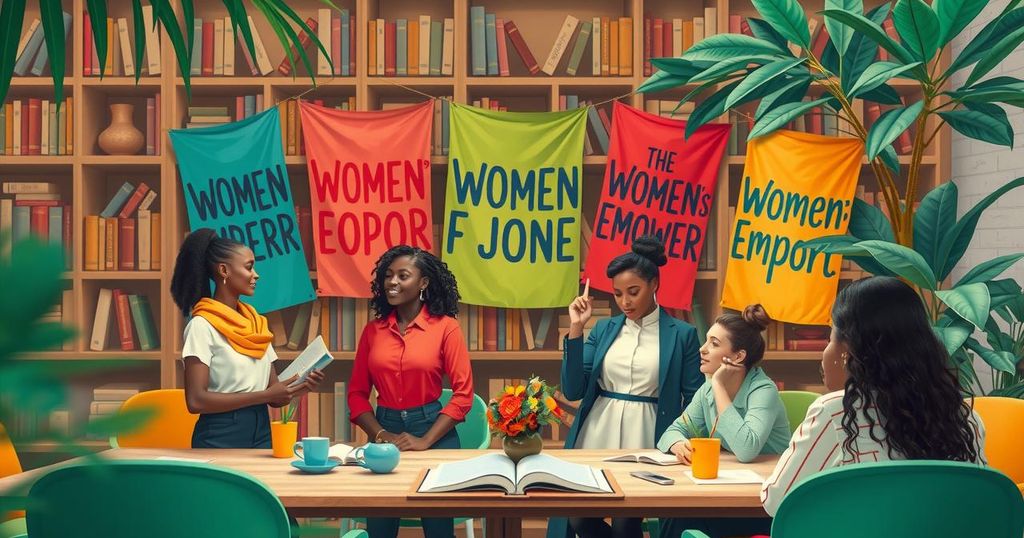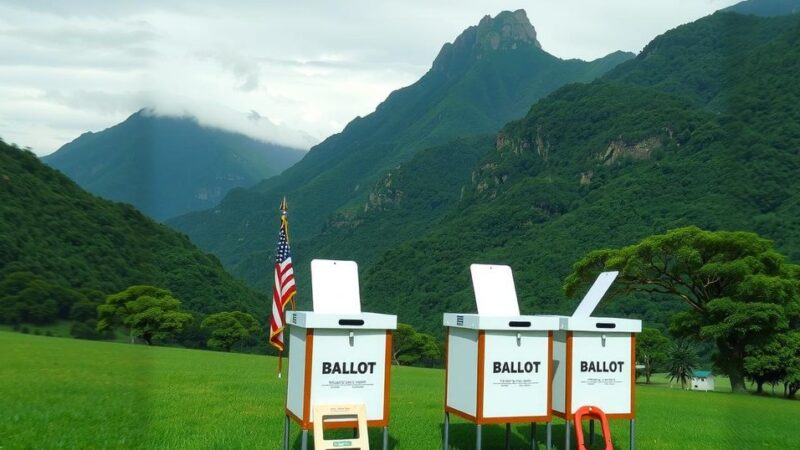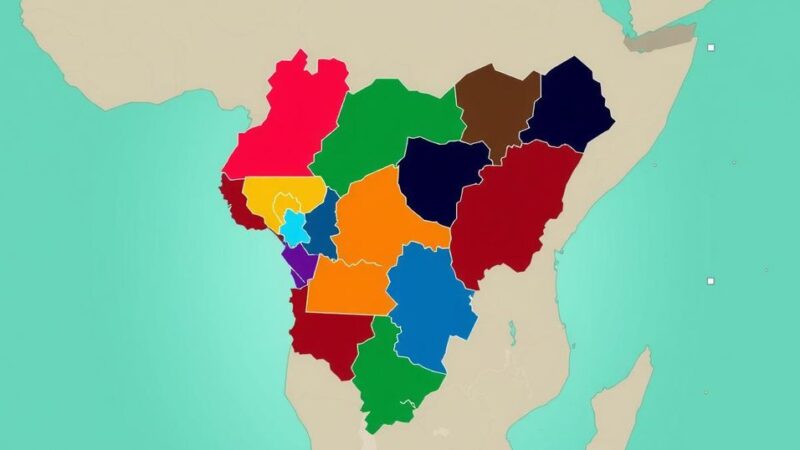Women leaders from Venezuela and Nicaragua addressed U.S. imperialism and women’s progress in an open discussion at the Workers World Party office in New York. Key issues included U.S. sanctions and their impact on women, the deportation of Venezuelan migrants, and Nicaragua’s achievements in gender equality. The event underscored the importance of solidarity among women facing imperial pressures.
On March 20, women leaders from Venezuela and Nicaragua participated in an open discussion at the Workers World Party office in Manhattan, New York. Their visit coincided with the meetings of women’s organizations at the United Nations, where they addressed the impacts of U.S. imperialism and the progress made by women in their countries, particularly in light of recent deportations of Venezuelan migrants.
The meeting, held in a hybrid format, provided insights into the ongoing resistance of Venezuela and Nicaragua against U.S. pressures, particularly those intensified during the Trump administration. Attendees learned about Venezuela’s commitment to welcome back migrants and uphold the rights of all Venezuelans, despite the challenges posed by U.S. policies.
Asia Villegas, a Deputy of the Venezuelan National Assembly, emphasized the negative effects of U.S. sanctions, which have cost Venezuela approximately $650 billion since the 2000s. These coercive measures disproportionately affect women, who are primary caregivers, thereby exacerbating access to essential resources such as food and healthcare.
Villegas condemned the unjust deportations of Venezuelan migrants, stating that the U.S. government has acted without providing evidence or due process. She highlighted that many Venezuelans fled due to U.S. economic warfare and referenced the withdrawn Temporary Protective Status for migrants as a form of betrayal by the Trump administration.
Reiterating the diverse nature of Venezuelan society, Villegas stated, “We are not criminals, and we are not enemies of the people of the United States,” acknowledging that communal organizations have played a vital role in resisting imperialistic attacks.
In contrast, Hazel Reyes, the Nicaraguan speaker at the meeting, highlighted Nicaragua’s achievements in gender equality, where the country ranks first in Latin America and sixth globally according to the World Economic Forum in 2024. She attributed these successes to the Sandinista government and criticized the ongoing U.S. anti-Sandinista campaigns that seek to undermine Nicaragua’s progress.
Reyes noted that women make up over half of the student population in higher education and emphasized the importance of inclusive representation in governance, thanks to policies that ensure a 50-50 distribution of power. She also discussed improvements for Indigenous peoples and Afro-descendant communities, leading to enhanced infrastructure and access to electricity.
Saher Al-Khabash and Mairead Skehan Gillis co-chaired the meeting, facilitating discussion and translation for the speakers. Prior to the speeches, representatives from local activist organizations shared their work focused on anti-imperialism and social upliftment.
For more information about the event, attendees were encouraged to view the meeting video on WWP’s YouTube channel.
The discussions held on March 20 showcased the resilience of women leaders from Venezuela and Nicaragua against U.S. imperialism. They highlighted significant strides in gender equality and social progress within these nations, despite external pressures. The meeting served as a vital platform for uncovering the impacts of unjust U.S. policies and reinforcing solidarity across borders, particularly emphasizing the critical role women play in their communities.
Original Source: www.workers.org






